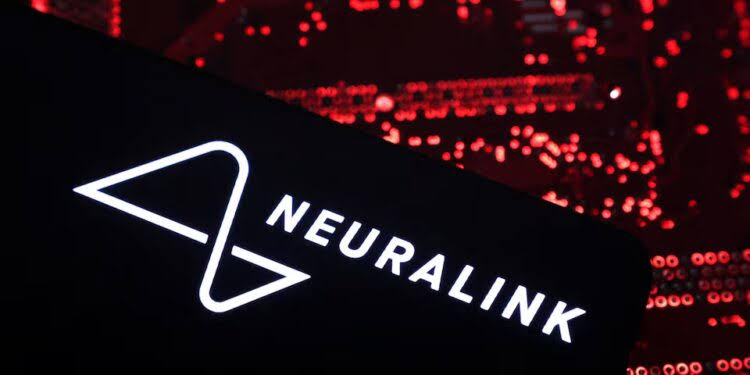In a bold leap toward the future of human-machine integration, Neuralink the neurotechnology startup founded by Elon Musk has raised an astounding $650 million in Series E funding. This latest injection of capital, which lifts the company’s valuation to a staggering $9 billion, is set to fast-track development and expand clinical trials of its revolutionary brain-computer interface (BCI) devices.
Neuralink’s goal is nothing short of science fiction turned reality: a chip implanted in the brain that allows individuals to control computers, smartphones, and even robotic limbs with nothing more than their thoughts. The technology holds immense promise for people suffering from paralysis, speech disorders, neurological trauma, and even blindness.
Backed by high-profile investors like Sequoia Capital, Founders Fund, Thrive Capital, and ARK Invest, Neuralink is positioning itself at the forefront of the brain tech industry. The company says this round of funding will help scale up human clinical trials, expand its research teams, and further develop hardware and software needed to bring its brain implants closer to mass accessibility.
The device, roughly the size of a coin, is implanted in the skull and connected to the brain via ultra-thin threads. It records neural activity and transmits it to external devices in real time. In initial human trials, patients with quadriplegia have successfully used the Neuralink implant to operate computers, browse the internet, and send messages using only their minds.
According to the company’s latest update, five patients across the United States, Canada, and the United Arab Emirates have been implanted with the chip. All five have shown remarkable results in regaining a level of digital autonomy, with ongoing improvements being recorded in mobility and control. The long-term goal is not just to assist the disabled, but to eventually offer brain enhancements and seamless connectivity with artificial intelligence systems.
Neuralink is also developing new applications aimed at restoring vision in blind patients and helping those with spinal cord injuries walk again by bridging damaged neural pathways. One particularly ambitious project is the development of a speech restoration interface, which has already been awarded “breakthrough” designation by the U.S. Food and Drug Administration (FDA). If successful, the device could enable mute or locked-in patients to communicate simply by thinking words.
This massive funding milestone underscores growing investor confidence in the future of brain tech. It also highlights the broader shift in healthcare and technology, where AI, robotics, and neural interfaces are converging to create solutions once thought to be centuries away.
Despite the excitement, Neuralink’s journey hasn’t been without controversy. The company has faced ethical scrutiny and calls for transparency regarding animal testing and long-term safety. Nonetheless, with each breakthrough, Neuralink inches closer to a future where the human brain could be as connected to the internet as a smartphone.
As the company pushes forward with its ambitious mission, one thing is clear: the race to unlock the full potential of the human mind has officially entered a new era.
